Marie Curie’s groundbreaking research on radioactivity revolutionized science and medicine, leading to life-saving advancements in cancer treatment and medical imaging. Her discoveries not only earned her two Nobel Prizes but also paved the way for innovations that continue to shape modern healthcare and scientific exploration.
The Early Life of Marie Curie

Marie Curie, born Maria Skłodowska in Warsaw, Poland, emerged from humble beginnings to become a pioneering scientist. Her journey began in an era when opportunities for women in science were scarce. Driven by her unyielding passion for learning, she relocated to Paris to study at the Sorbonne, where she excelled in mathematics and physics. Curie’s early life laid the groundwork for her groundbreaking discoveries, as she overcame numerous obstacles to pursue her scientific ambitions.
Discovery of Radioactivity
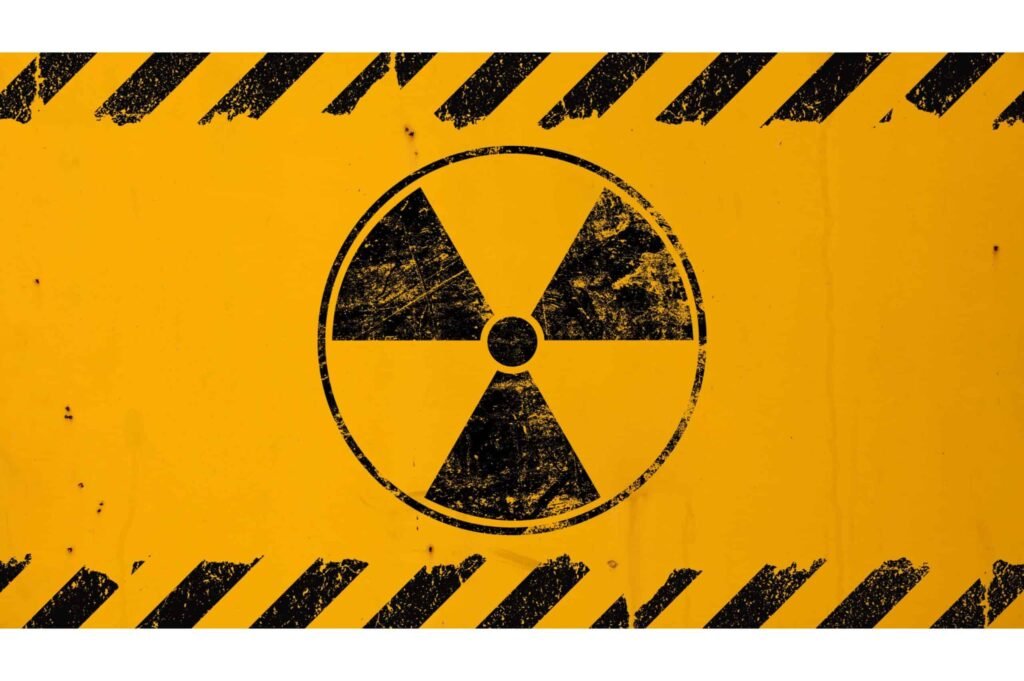
Marie Curie’s most renowned work revolved around the phenomenon of radioactivity, a term she coined herself. Her journey into the world of radioactivity began with her research on uranium rays, building upon the discoveries of physicist Henri Becquerel. Curie’s experimentation led to the revelation that radioactivity was a property of certain elements themselves, not the result of a chemical reaction. Her discovery of two new radioactive elements, polonium and radium, further cemented her status as a trailblazer in the field.
Breaking Barriers: Achievements and Accolades
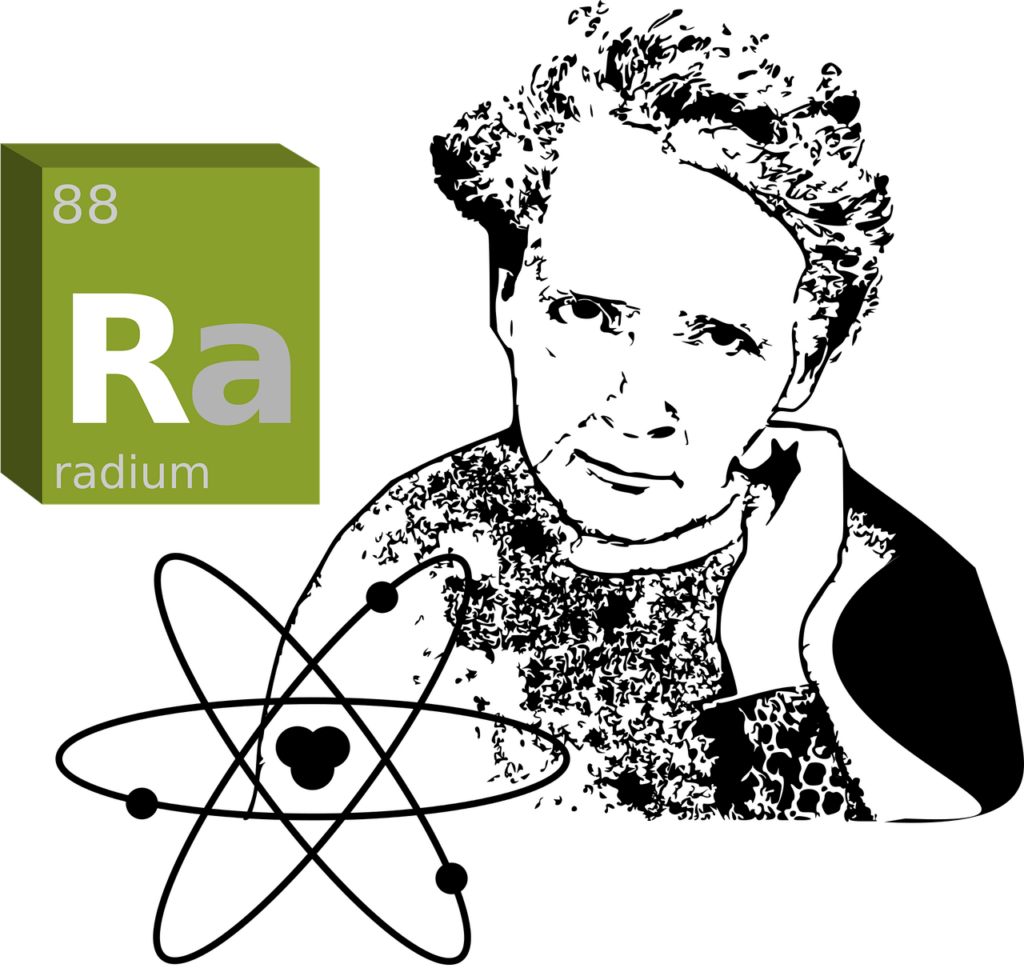
Marie Curie’s work was not only transformative but also historic in its recognition. She was the first woman to receive a Nobel Prize and remains the only person to ever win Nobel Prizes in two different scientific fields—Physics and Chemistry. Her Nobel Prizes honored her discoveries in radioactivity and the chemistry of radioactive substances. Curie’s achievements paved the way for future generations of female scientists and broke down barriers in academia and research.
Impact on Medicine: Cancer Treatment
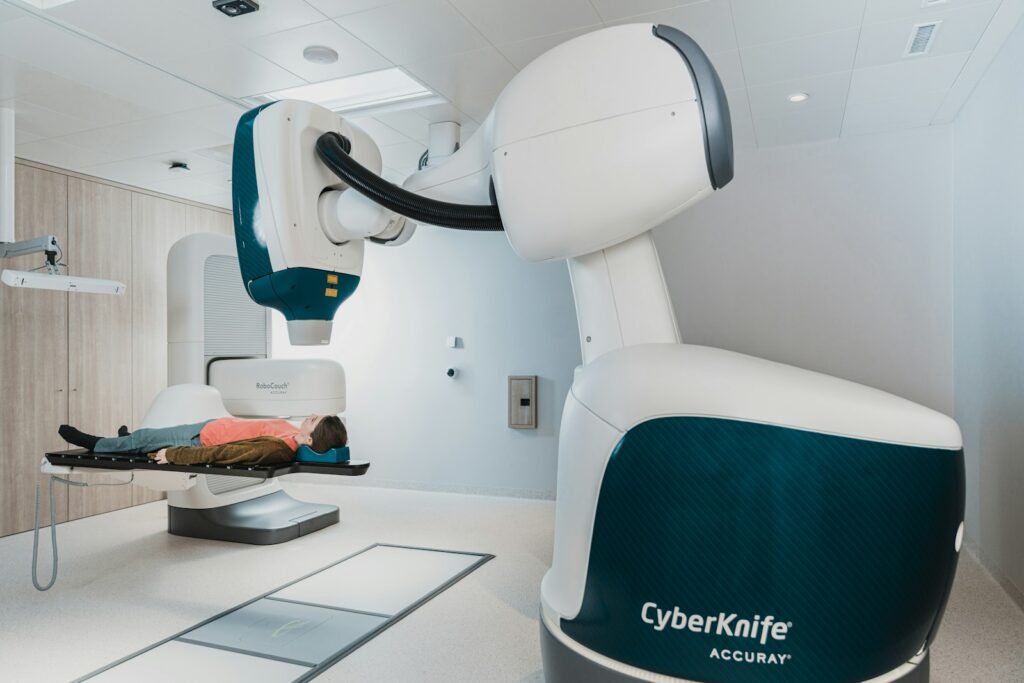
One of the most profound impacts of Marie Curie’s work is in the realm of medicine, particularly in cancer treatment. The discovery of radium and its radioactive properties underpinned the development of radiotherapy, a now commonplace treatment for cancer. Radiotherapy harnesses the power of radiation to target and destroy cancerous cells, providing a lifeline for countless patients. Curie’s contributions to this field have saved innumerable lives and continue to influence cancer research and treatment today.
Advancements in Scientific Techniques
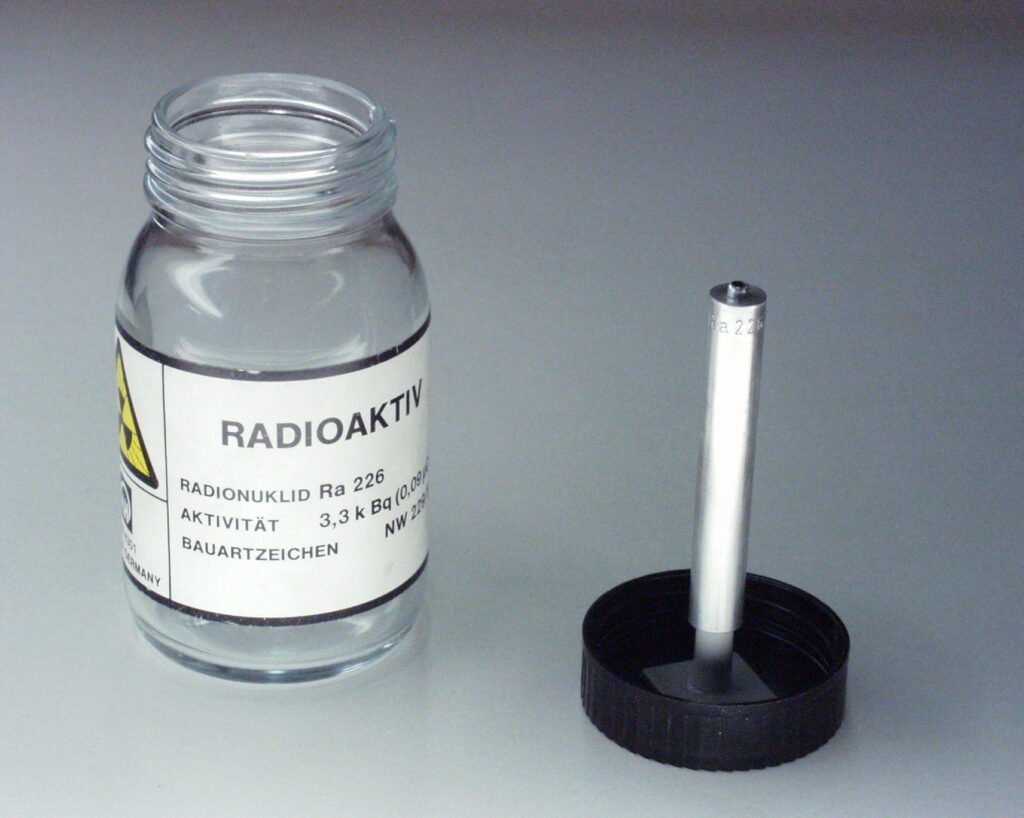
Beyond medical applications, Marie Curie’s research fostered advancements in scientific techniques and understanding. Her meticulous methods in isolating radioactive isotopes laid the groundwork for future research in nuclear physics and chemistry. Curie’s work provided scientists with the tools to explore atomic structures and behaviors, sparking further discovery in a variety of scientific disciplines.
Legacy and Influence
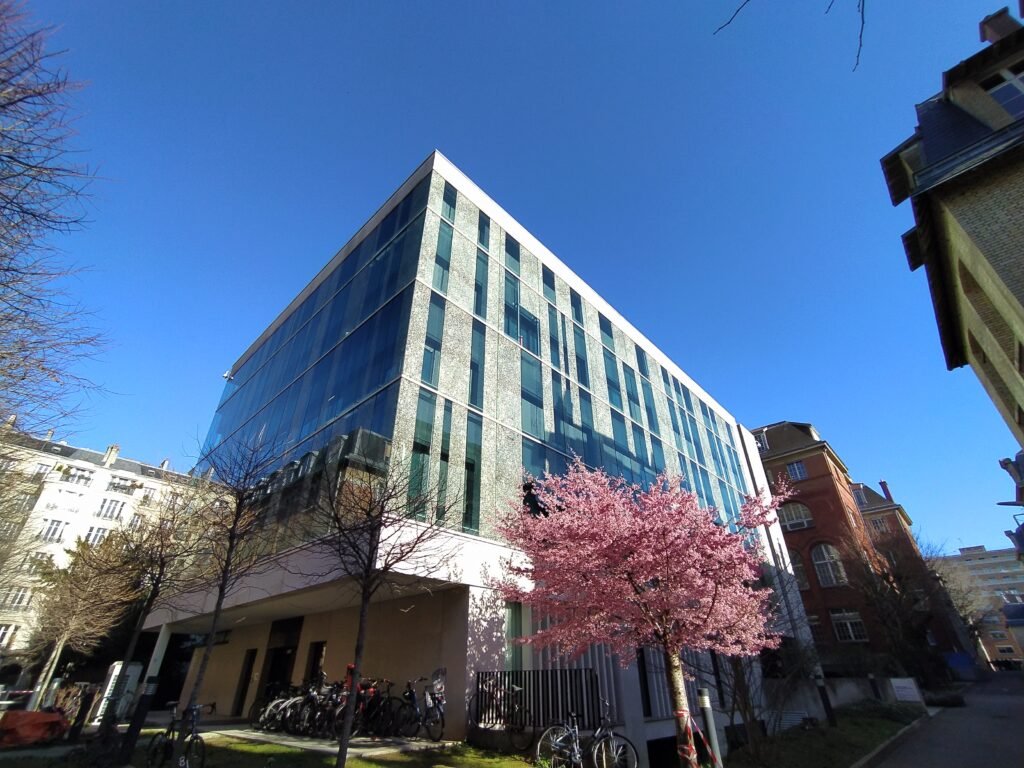
Marie Curie’s legacy extends far beyond her immediate scientific contributions. Her determination and intellect inspired future generations, especially women in science and engineering. Curie’s life and work are celebrated not only for their scientific importance but also for advancing the status of women in academic and professional fields. The Curie Institutes, founded in Paris, continue her mission, maintaining prominent roles in medical research and education.
Challenges and Health Implications
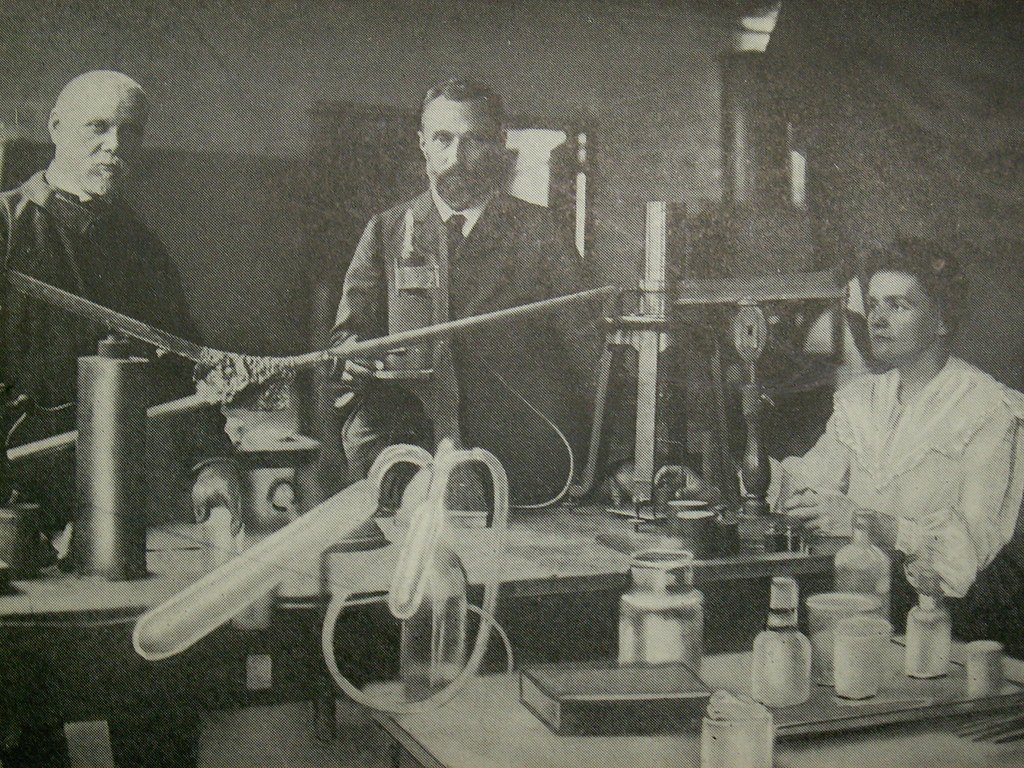
Despite her immense contributions, Marie Curie faced significant challenges, particularly due to prolonged exposure to radioactive materials. The lack of awareness about the dangers of radiation during her time led to severe health effects, eventually causing her death from aplastic anemia, a condition linked to radiation exposure. Her story underscores the importance of safety and ethical considerations in scientific research.
Conclusion: Curie’s Enduring Impact
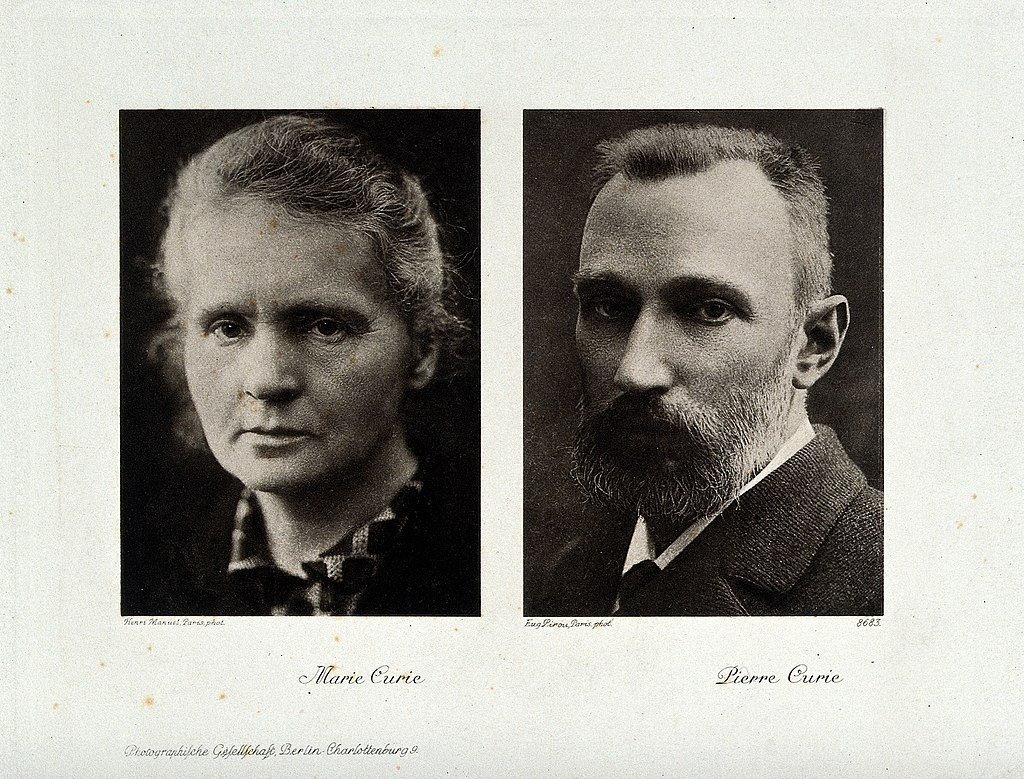
Marie Curie’s pioneering work in the discovery and understanding of radioactivity has indelibly changed the world, particularly in the fields of science and medicine. Her contributions laid the foundation for numerous scientific advancements, particularly in cancer treatment through radiotherapy. Curie’s legacy endures not only in the continued relevance of her scientific discoveries but also in the inspiration she provides to aspiring scientists worldwide. Her life is a testament to the power of perseverance, curiosity, and innovation in the relentless pursuit of knowledge.



